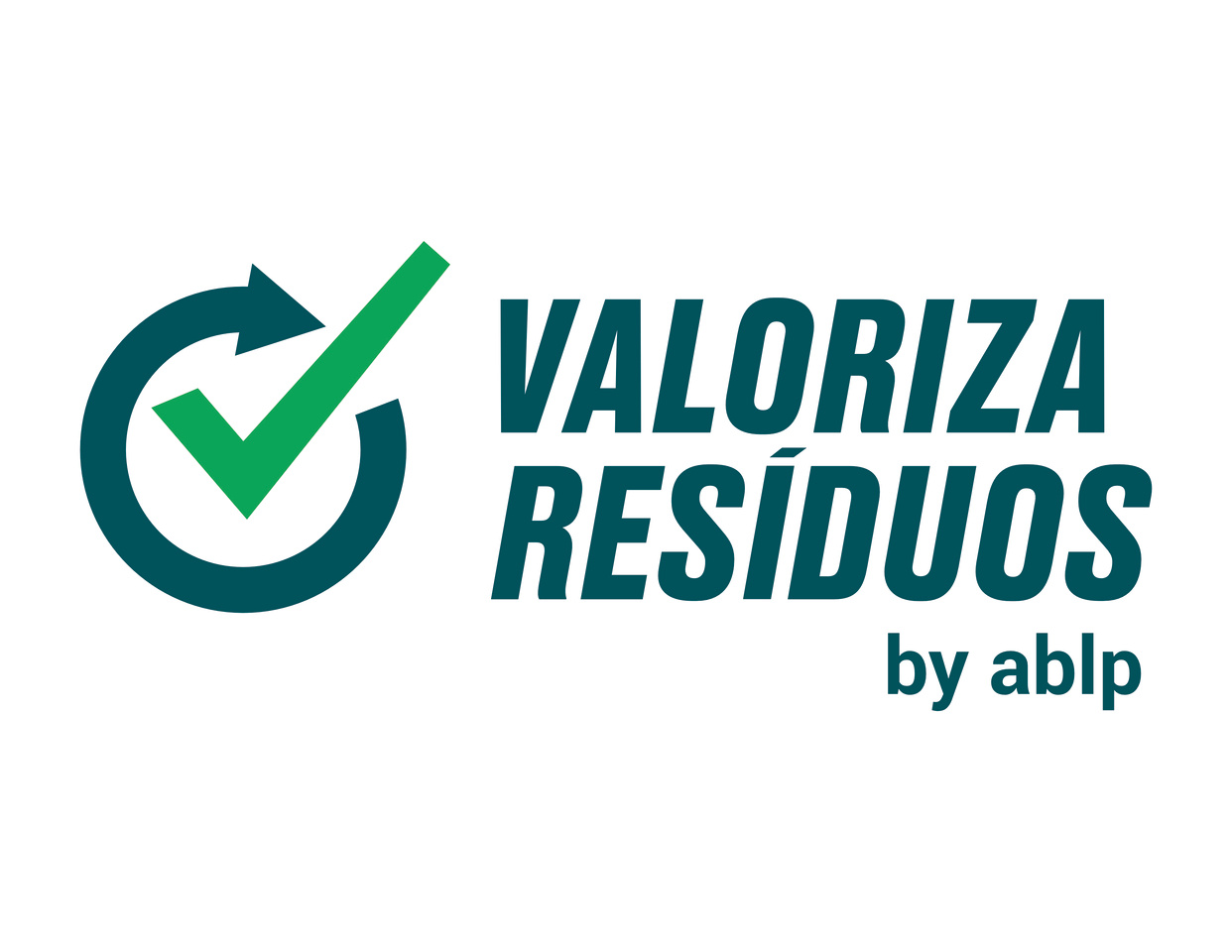Challenges and opportunities in the Brazilian waste sector

The history of ABLP is part of the DNA from the Institute Valoriza Residuos by ablp
Created on November 20, 1970, the ABLP (Brazilian Association of Solid Waste and Public Cleaning) arose from the legitimate interest of a group of technicians who worked in the sector of urban cleaning, who not only believed but were willing to contribute to the evolution and improvement of all services in the segment.
Throughout its long history, ABLP has dedicated itself to conducting studies, seminars and various other initiatives. One of the highlights of its performance: several technical courses held in São Paulo and other locations, highlighting the Sanitary Landfills course that is in its 32nd edition. It includes acting in the spheres of the Executive, Legislative and Judicial powers. This spirit has guided the daily life of ABLP for more than five decades and, for sure, will continue to guide the future of the Institute Valoriza Resíduos by ablp.
Despite being recently created (in the second quarter of 2023), Valoriza Residuos by ablp will take advantage of the knowledge accumulated over almost 53 years of ABLP, the oldest class entity in the urban cleaning and waste management sector in Brazil, which will no longer exist.
New challenges and opportunities in the waste sector in Brazil
Despite being a reality present in many countries for some decades, the "environmental industry" related to the treatment of Urban Solid Waste (MSW) is still incipient in our country (Brazil).
However, this reality is changing rapidly, due to recent legal advances, coupled with rising energy costs and the urgency to implement effective measures to combat climate change. All these three important premises are in place, leaving us now to define the best legal modelling (contractual models, PPP etc.) and the economic instruments/tax incentives to foster the development of "industrial parks" of MSW treatment in the main Brazilian metropolitan regions.
Society and the environment have much to gain from the development of this important sector of the economy, which ranges from industrial plants where the Mechanical Biological Treatment (also known as pre-treatment plants) is carried out of municipal waste that is collected fully mixed, as well as equipment and industrial facilities necessary to, for example, produce recycled aggregates obtained through recycling of Construction and Demolition Waste, or treat leachate generated in landfills, or even accelerate the process of aerobic composting of the organic fraction of household waste, enabling the production of organic compost of excellent quality for use in agriculture.
The generation of renewable energy should also be expanded in Brazil, either from the energy use of biogas generated in landfills, through to the implementation of CRER's (abbreviation in Portuguese for Residual* Waste Energy Recovery Plants*), or other technically and economically viable (and proven) technology.
* waste fraction of the MSW that cannot be reduced, reused or recycled (ISWA White Book on Efw technologies)
There is also a huge possibility of expanding the use of biofuels, such as biomethane, to supply the fleets of collection trucks, as well as the potential for production of SAF and green hydrogen. These are good examples of sustainable products/inputs that can be obtained through processing of MSW and/or their by-products, which can be produced on a large scale also in Brazil, as is already happening in many countries.
Technologies such as these are "blindingly obvious" at the present moment, due to the great social, environmental, and economic benefits that can be achieved in Brazil. There is a great potential for a true 'Green Revolution' in the sectors of waste management and treatment, and renewable energy generation.
If you would like to find out more about Valoriza Residuous, please get in touch with @MARCO AURELIO BRANCO GONCALVES at efwnet@valorizaresiduosbyablp.org.br.

Please sign in or register for FREE
If you are a registered user on Energy from Waste Network, please sign in